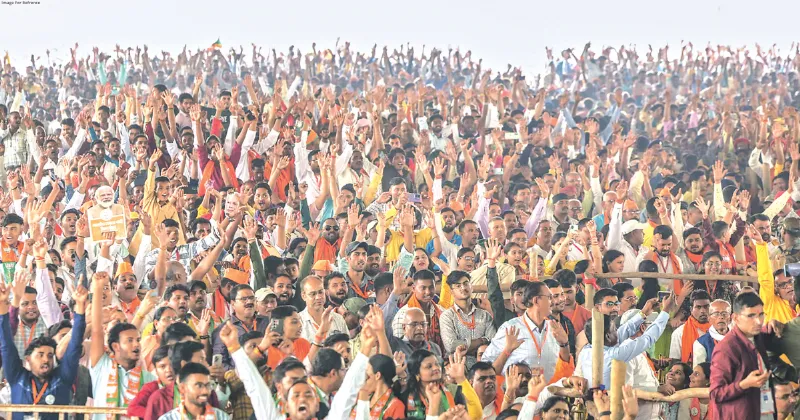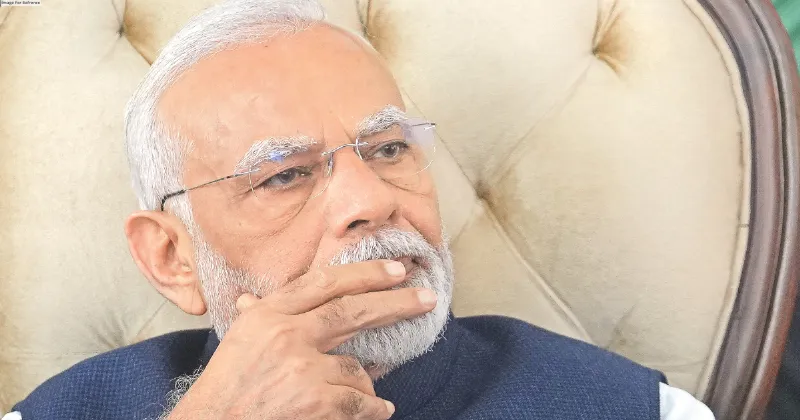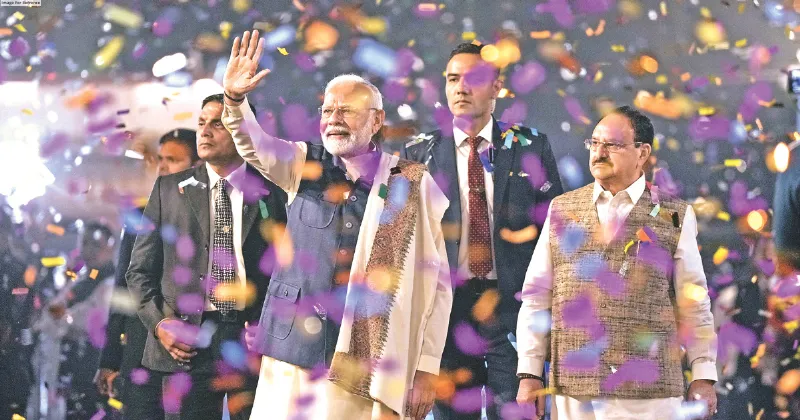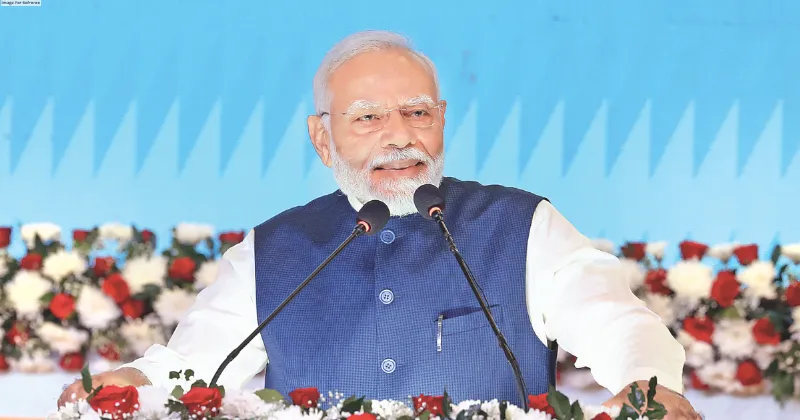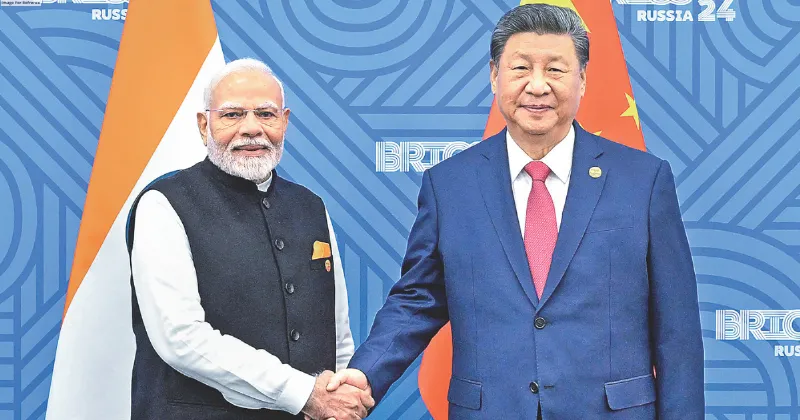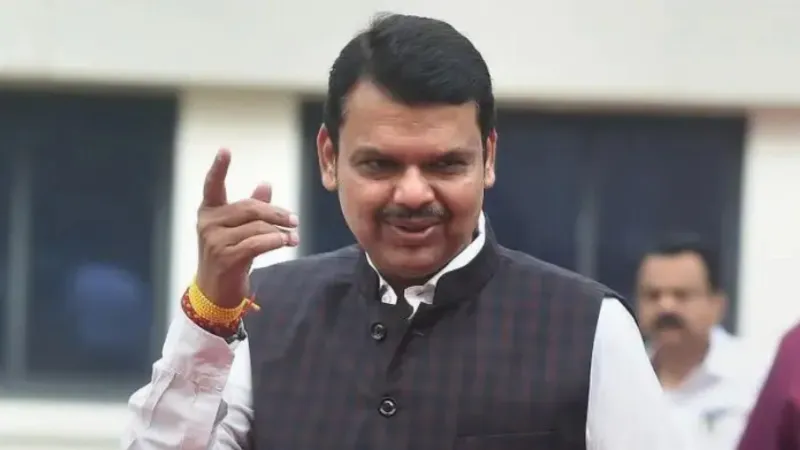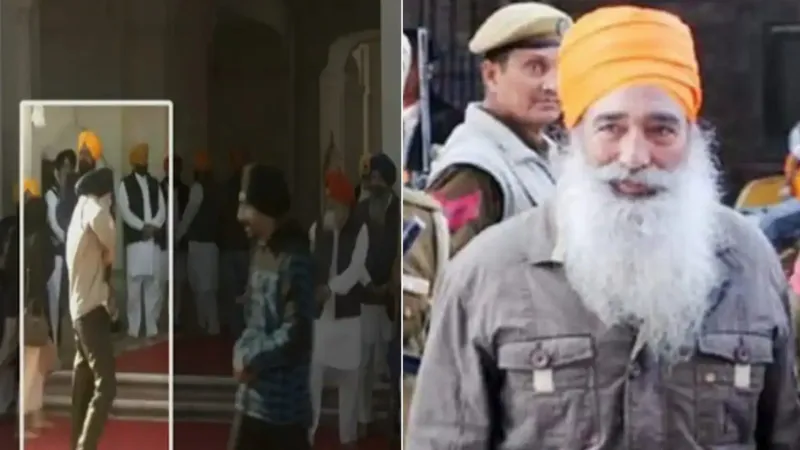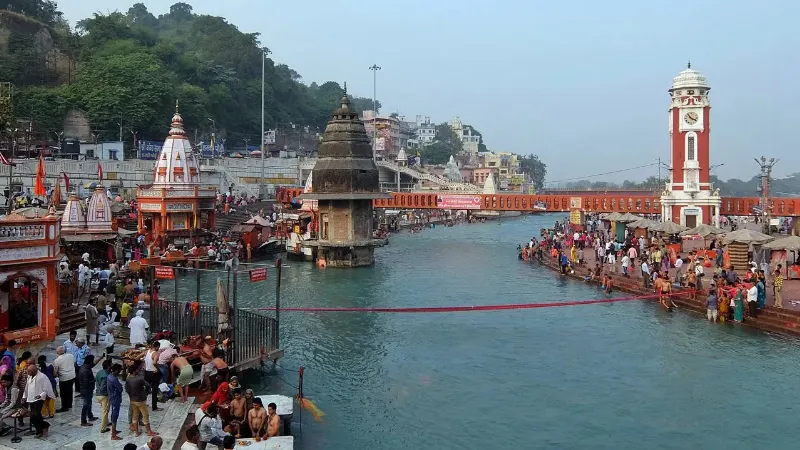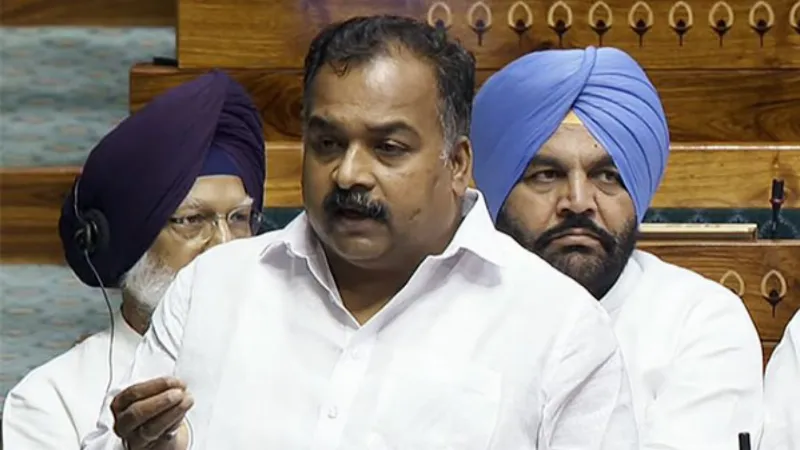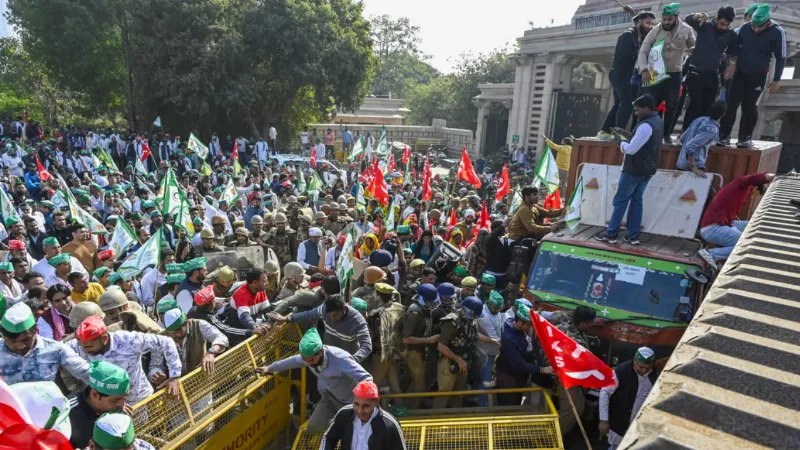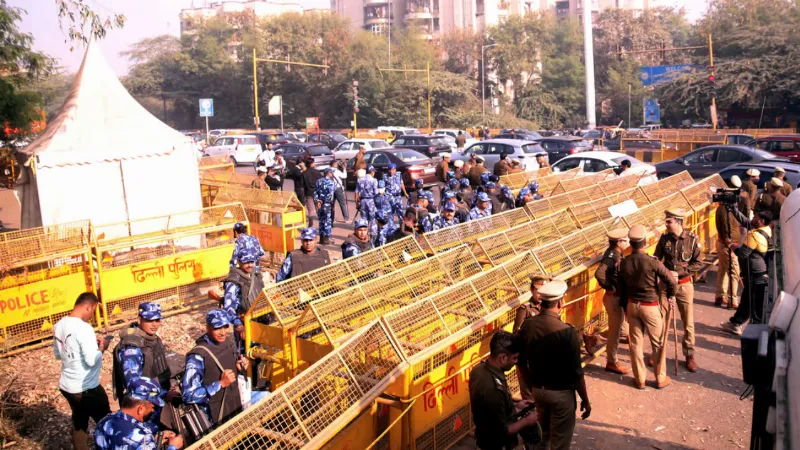Latest News
Authority vs Accountability in Indian context
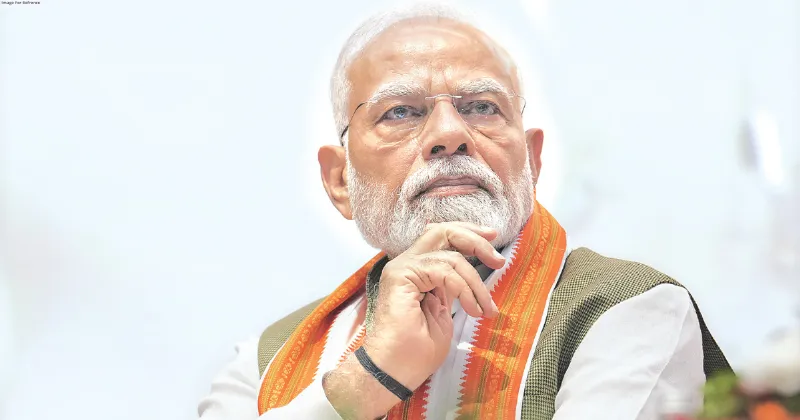
The term leadership is often spoken and discussed around in workplaces, politics, and even self-help circles. The essential question, though, is what is leadership exactly? Is it about giving orders or building consensus? In simple words, leadership is about taking risks and challenging the status quo. Leaders motivate others to achieve something new and better. Interestingly, leaders pursue innovations willingly and not as an obligation or burden. This is what makes them bring the best in people. Political leadership is instrumental for social change. Overcoming social problems or modernising and abolishing social norms has been impossible without the right kind of leadership. Leaders work for goodness of society, respect their people’s voice, create a positive and happy society, and keep these people motivated and inspired. Leadership will emphasise the importance of education, picking the right career, working hard and focusing on performance. Effective political leadership requires a strong character and the leaders must exhibit honesty, integrity, trustworthiness, accountability and ethics.
A political leader may have the authority, title or position but will only emerge as true leader if possesses several qualities like ability to motivate individuals, dedicated, willing to listen, trustworthy, competent, accountable, decisive, selfless, good communicator, and is a visionary with full understanding of the goals of the team or organisation. An effective leader has to maintain balance between desire for results and concern for his people. A true leader generally leads by example, shows path; delegates’ tasks based on others skills and not just merely direct people from a position of authority. In India, most of the current political leaders lack the basic and important leadership qualities such as accountability, transparency, accessibility and integrity. Some of the leaders are even booked for corruption and other illegal activities. In the present generation the word political leaders doesn’t have a very positive opinion on the citizens unlike past political leaders. However, some of the upcoming young leaders are following the leadership ideals and we see some welcoming positive changes in Indian politics.
When Indian leaders first took control of their government in 1947, they proclaimed the ideals of national unity and secular democracy. Through the first half century of nationbuilding, leaders could point to uneven but measurable progress on key goals. But there has been a noticeable decline in quality of governance and today, despite best efforts by government, we are seeing mass unemployment or under employment creating a state of despair. The public necessities like health, education, housing, air and water, need a major revamp to meet the basic needs of people. India aspires to be a great power, and this will be decided by the character of leadership that rises to the highest elected offices in the country today. The deteriorating profile of elected representatives in the country gives little hope, unless an honest, intellect, and motivated, leadership with accountability emerges to realise, restore glory of India.
Moral responsibility and accountability have steadily eroded in Indian politics. Where earlier leaders resigned for moral reasons even when they were not directly at fault, today our political class often avoids such actions, opting to deflect blame instead. This decline in accountability represents a broader shift from the ethical standards that once guided the leaders of the country as seen in train accident in Odisha 2023 vs Mahbubnagar, Andhra Pradesh in 1956 where the then Railway Minister Lal Bahadur Shastri resigned taking moral responsibility of the accident. Similarly, resignations of TT Krishnamachari, the finance minister and K. Krishna Menon defence minister on moral grounds were all examples of moral responsibility and accountability at its Zenith which in subsequent decades has diluted heading to Nadir.
Accountability is not just a political buzzword; it is a cornerstone of democratic governance. Political philosophers like John Stuart Mill and Jean-Jacques Rousseau have long argued that a leader’s primary responsibility in a democracy is to serve the people, with power being a trust placed in the hands of those elected. If leaders evade accountability, this trust is broken, and democracy becomes hollow. In the Indian context, Mahatma Gandhi was embodiment of moral accountability. He drew this from the principles of ancient Indian philosophy, where kings were seen as custodians of the welfare of the people and were bound by dharma. The erosion of accountability in Indian politics has far-reaching implications. When leaders avoid responsibility, public trust in political system diminishes. Democracy thrives when its leaders are willing to stand accountable for their actions, policies, decisions. Without accountability, very foundation of democratic governance weakens, thereby making citizens left to rely on the oncein-every-five-year elections to undo their mistakes.
THE VIEWS EXPRESSED BY THE AUTHOR ARE PERSONAL
Col Rajesh Bhukar, The writer is a Post Graduate in International Studies, Alumni of Defence Services Staff College, Wellington and College of Combat, Mhow [email protected]



